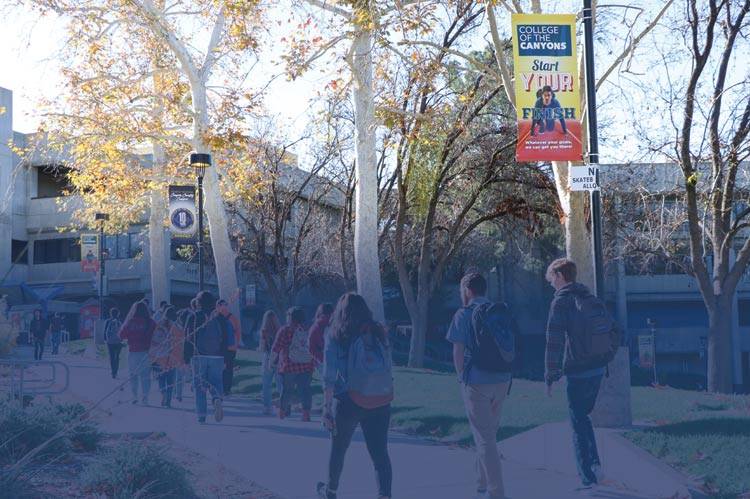English 112 Course
English 112 builds on the critical thinking, reading, and writing practice begun in English 101. This class includes critical analysis, interpretation, and evaluation of literary works, along with writing of argumentative essays about literary works. Builds on the critical thinking, reading, and writing practices begun in English 101, offering instruction in analytical, critical, and argumentative writing, critical thinking, research strategies, information literacy, and proper documentation through the study of literary works from major genres, while developing students close reading skills and promoting an appreciation for the aesthetic qualities of literature.
The Student Learning Outcomes for English 112 are:
- Apply critical thinking, specifically multiple perspectives, rhetorical strategies and related fallacies, as well as critical theories, to the analysis and interpretation of literature.
- Compose well-structured, grammatically-correct essays which demonstrate the ability to critically read, analyze, compare, and evaluate complex literary texts while supporting interpretations with convincing textual evidence.
To achieve these goals, students will learn to:
- Identify and analyze impact of formal and informal fallacies in language and thought.
- Analyze and employ logical and structural methods such as inductive and deductive reasoning, cause and effect, and logos, ethos, and pathos.
- Identify a text's premises and assumptions in various social, historical, cultural, psychological, or aesthetic contexts.
- Compose thesis-driven arguments to suit a variety of rhetorical situations, including interpretation, evaluation, and analysis, supporting them with a variety of appropriate textual evidence and examples and demonstrating appropriate academic discourse and the conventions of literary analysis.
- Locate, analyze, interpret, and evaluate primary and secondary sources, incorporating them into written work using appropriate documentation format without plagiarism.
- Use the conventions of academic discourse, including style, diction, and tone appropriate to the academic community and the purpose of the specific writing task; proofread and edit essays for presentation so they exhibit no disruptive errors in English grammar, usage, or punctuation.
- Identify key elements of major genres and forms in order to analyze and interpret texts.
- Define common literary terms and apply these to analysis of specific texts.

 My Canyons
My Canyons  Canvas
Canvas 
